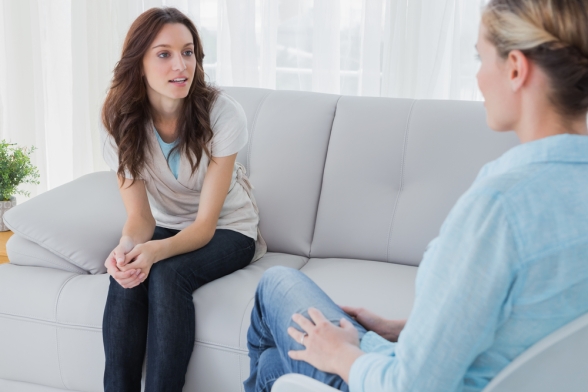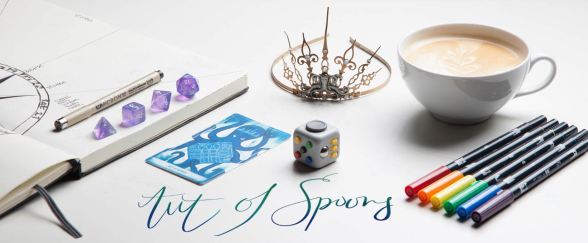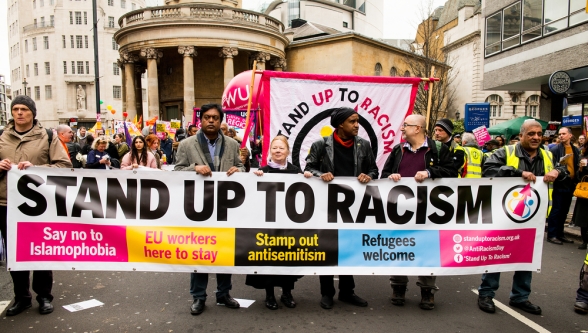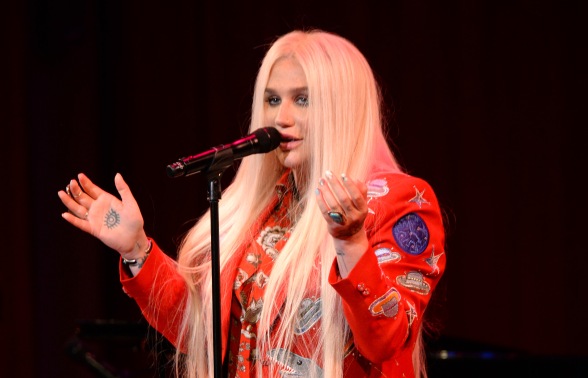This article is giving me life today, and not just because gratitudes lists make me throw up in my mouth every time I think about them.
It also is giving me life because it reminds me that sometimes mental health professionals are just wrong. Wrongwrongwrong. And it reminds me that it’s rare for us to teach people who are receiving mental health services how to advocate for themselves or determine if their therapist is wrong.
Now before anyone gets huffy, the usual disclaimers: I am PRO mental health professionals. I know these folks work their butts off, and that they can and do save lives. I know that we should encourage folks to see mental health professionals, and to reduce the stigma attached to seeking treatment. Yes to all of that.
But all of that being said, mental health professionals are human. And humans don’t really understand brains all that well just yet. Brains are widely varied, and every technique that we have for treating mental illness will only work on some people. Beyond that, mental health professionals work with hundreds if not thousands of people over the course of their career. Unless you’ve been with them for a hecking long time, you are going to have a MUCH better understanding of your personal quirks and preferences than they are. Sometimes they’re just tired or distracted, or they forget your personal preferences.
Which is all to say that sometimes mental health professionals make mistakes. Or they make a good suggestion but it turns out it doesn’t work for you. Sometimes you need to tell your therapist “No. That doesn’t work for me.” It can be completely mind blowing the first time you realize it’s ok to say no to your therapist sometimes. It’s empowering to realize that you are an individual and sometimes the struggle you’re facing (especially if your mental illness is proving especially difficult to shake) might not be because there’s something inherently wrong with you, it might be because the techniques that have been suggested aren’t right for you. I just want to remind people who are struggling or feeling like therapy isn’t working; you can tell your therapist. You can ask for something different. You deserve strategies that will work for you.
Of course it’s also incredibly hard to say no to your therapist.
The first reason it’s hard is because sometimes things feel uncomfortable or difficult or like they’re not working because growth and change are hard, slow, and difficult. There are times you may WANT to tell your therapist “nope, I’m not going to do that, I don’t like it,” but once you try the suggestion it ends up being helpful. It’s really challenging to suss out when you just don’t WANT to do something, versus when you’re really on target that it won’t be helpful or that it will be actively discouraging and a waste of time or energy.
Part of the work of therapy is tuning up your inner compass so that you can trust it to send you in the right direction. I know after many years of hearing mantras and positive thinking slogans in therapy, that those just make me angry. I’ve tried it, it wasn’t effective. I’ve learned to trust that when people suggest something that sounds saccharine or something that ignores how hard life actually is, it will not be for me. On the other hand, I was very skeptical of mindfulness when I first heard about it, but when it was presented to me in a scientific way it made a lot more sense and has been quite helpful. I’ve become more open to things that have mixed evidence for them.
A big part of doing this is simply trying a lot of different stuff and seeing what works. But once you’ve done that, you start to have evidence of what is effective for you and what isn’t, and you can start to trust your instincts about what types of treatment you want to put your time, energy, and money into.
Which means that you can start advocating for yourself.
Here’s where I want to get practical, and it’s the second element of why saying no to your therapist is hard. It’s because self advocacy is a skill. There are absolutely things that everyone can do to advocate for themselves in therapy from the very beginning, but there are also skills you need to practice and things to learn about yourself before you’ll be really effective.
Telling your therapist that they’re wrong is one of the more challenging pieces of self advocacy, because it can often feel like the therapist has the power in any given situation, or like you need to respect their position. It can be helpful to remember that you are paying them for a service, and beyond that that BOTH parties are integral for the success of that service. The trust you feel for your therapist is one of the highest predictors of success in therapy, and if you can’t let them know you disagree, that trust is breaking down somehow.
But there are things you can do to make it a little bit easier. There are lots of ways to advocate for yourself in therapy, and I may touch on those in future posts, but for now I’m going to focus on speaking up when you think something isn’t working or you disagree with your therapist.
A good way to start is by simply disagreeing about small things. I don’t mean be argumentative, but if your therapist says something that you normally might have let slide, practice just saying “I don’t agree with that, but here’s what I think.” I’ve started to do this a lot in therapy, and I find that it’s far more productive than trying to argue with the therapist. It actually has made me feel a lot more comfortable when I say that and the session goes on without any kind of major repercussions. Those smaller, less important disagreements are a way to practice and to teach yourself that the world won’t end if you tell your therapist no, or let them know something isn’t working for you.
Another helpful thing to do if you’re worried that the strategies you’re getting aren’t helpful is to gather some data. I like to track things, which is why I use a daily mood tracker, a sleep tracker, a habit tracker…I like data. But it can be really helpful to note your mood or a target behavior before your therapist suggests something (e.g. a gratitude log), and then note if your mood improves or your self harm decreases over time after you’ve started using the technique. If not, you can bring that in to the therapist and say “hey, this isn’t working for me.” Having hard numbers to back you up can feel a lot more empowering than just a vague “I don’t feel better.”
Sometimes I like to try to think like a therapist to be a good self advocate. In that, I mean setting goals for myself, thinking of the steps that I can try to reach those goals, and checking in periodically to see if I’m making progress. Most therapists are required to have a treatment plan, but not all therapists share that with their clients. If my therapist is suggesting a new technique or skill, I want to know what it’s supposed to accomplish, what goal it’s bringing me closer to. You can ask to see your treatment plan, or just ask what the outcome is supposed to be for a given technique. That helps you evaluate if it’s working.
All of these are concrete actions, but for me the biggest shift was one in mindset, and it’s a mindset that the article I started with shows off well. Therapy isn’t about doing what’s “right”. It’s about doing what works for you. There are thousands of different therapeutic techniques, skills, and practices. If one doesn’t make you feel better, then STOP DOING IT. Tell your therapist. You deserve something that helps. Realizing that therapy wasn’t a class I needed to ace, but rather a service FOR ME was revolutionary. If it’s not working for you, you’re not broken. It is.









